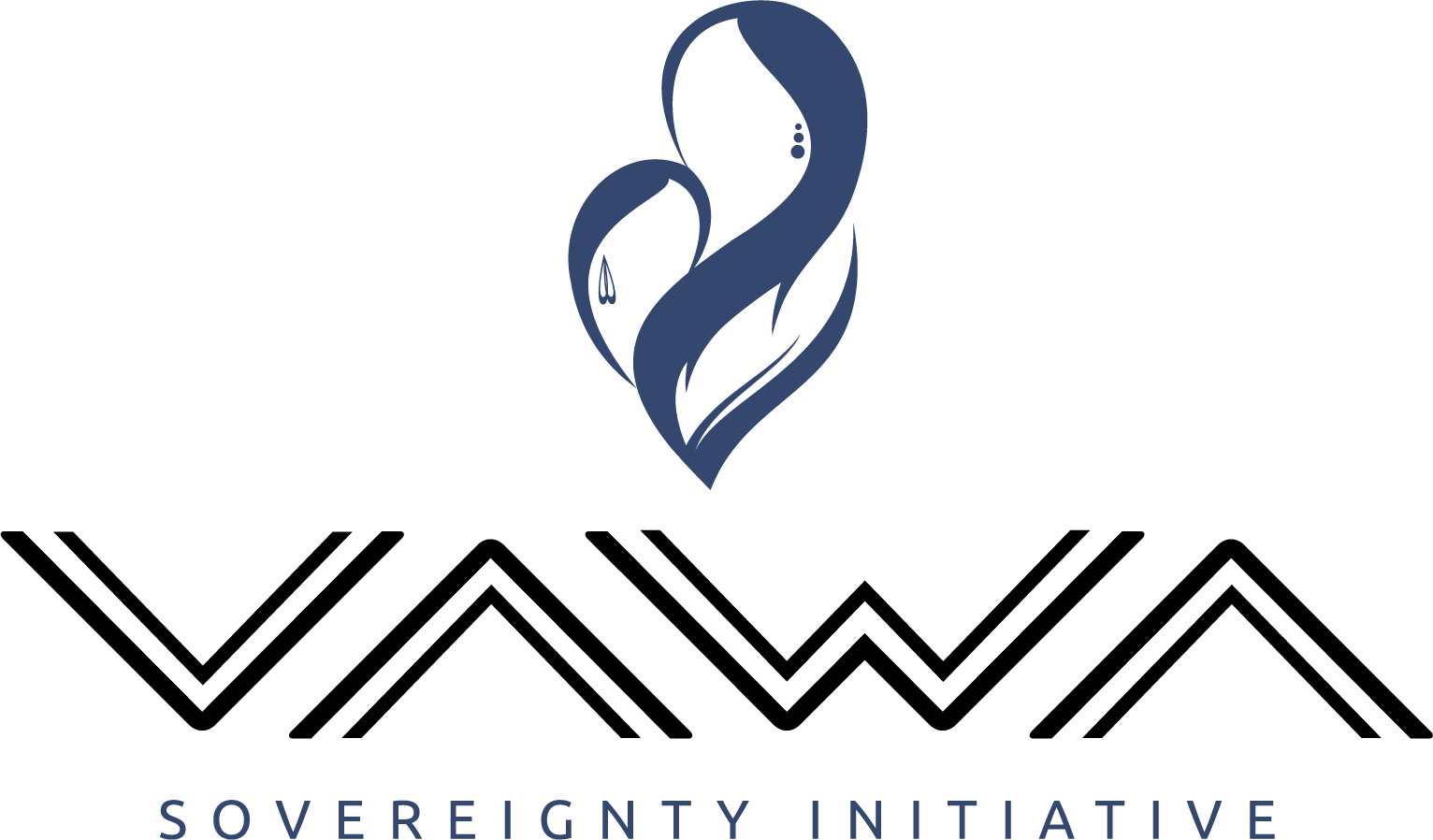In an effort to defend the constitutionality and functionality of all Violence Against Women Act (VAWA) Tribal provisions, the National Indigenous Women’s Resource Center launched the VAWA Sovereignty Initiative. Following the historic victory in restoring the inherent authority of Indian tribes to prosecute non-Native defendants for certain crimes (partial Oliphant fix) – known as Special Domestic Violence Criminal Jurisdiction with the 2013 reauthorization of the Violence Against Women Act, NIWRC shifted focus to enhance the Tribal provisions further and defend the important advancements in federal law and policy related to the protection of Native women and children.
Because many Tribal Nations do not have adequate resources to assess all of their legal vulnerabilities in implementing VAWA, this national initiative was necessary to protect VAWA and Tribal jurisdiction over non-Indians nationwide. In collaboration with Mary Kathryn Nagle, J.D., the VAWA Sovereignty Initiative allows NIWRC to prepare for the defense of VAWA and Tribal sovereignty through the monitoring of federal court cases to ensure that as soon as the first challenge hits the courts, Indian country is ready to respond.
Support our Work
NIWRC needs the support and investment of tribes and generous supporters to see the VAWA Sovereignty Initiative through. Help champion the rights and safety of Native women, children, families, and communities by making an investment in this critical work to protect tribal sovereignty and Native women.






